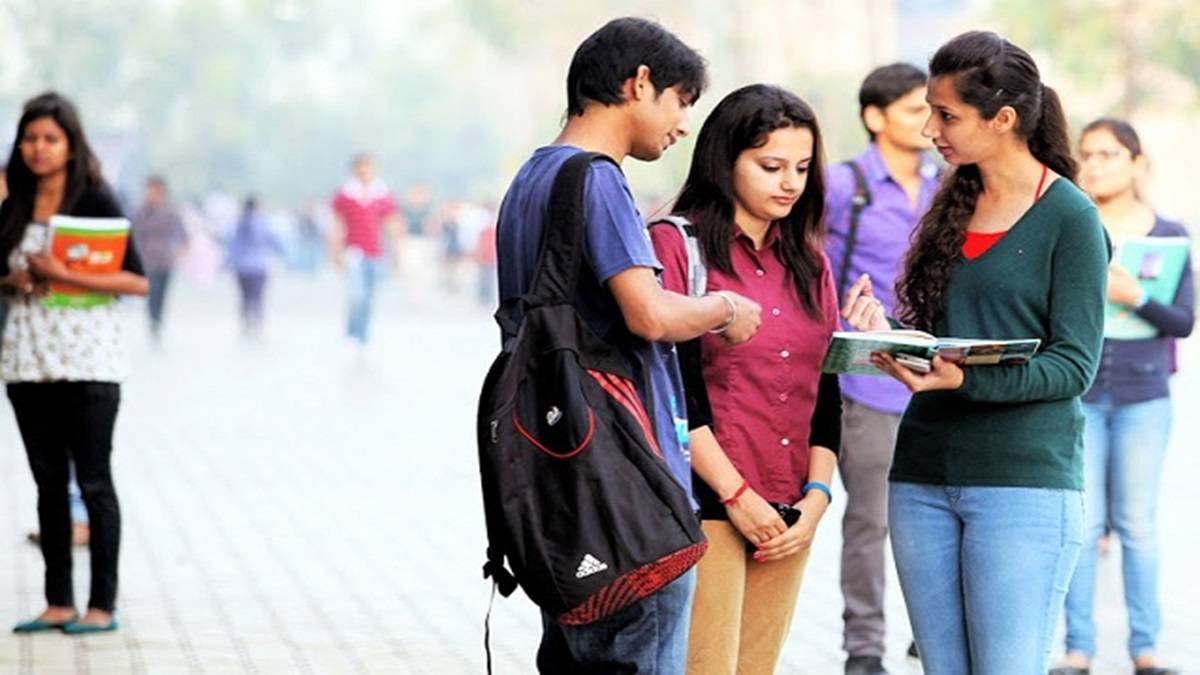NEP 2020 Progress: Only 36% HEIs Offer Multiple Exit Options, 72% Adopt MOOCs: QS I-GAUGE Report
While multiple entry and exit options have only been implemented by 36% of institutions, 86% have established student services centres to support learners.
Only 36% of higher education institutions (HEIs) in India have implemented the National Education Policy’s (NEP 2020) key provision of multiple entry and exit options, while 72% have adopted credit integration of Massive Open Online Courses (MOOCs), according to the first comprehensive national report on NEP 2020 implementation released by QS I-GAUGE.
The report is called “From Vision to Reality: Tracking NEP 2020 Implementation in Indian Higher Education” by QS I-GAUGE. It studied 165 institutions in 21 states and 3 Union Territories. The survey checked five main areas:
- Learner-focused education
- Digital learning
- Industry and institute collaboration
- Academic research and international links
- Indian Knowledge Systems (IKS)
Key findings:
Only 36% of institutions have started the NEP rule of multiple entry and exit options for students. 72% of institutions allow credit transfer from online courses (MOOCs). 86% have student service centres to help learners. 95% include environmental education in their syllabus. 90% allow flexible curriculum for multidisciplinary learning. 96% align their programs with the National Higher Education Qualifications Framework (NHEQF). 98% have internships in undergraduate programs to improve job skills.

Mental health support: 54% have agreements with national health institutes like NIMHANS, AIIMS, or RINPAS. 46% do not have such partnerships yet.
Digital learning progress, 85% train teachers for online teaching and learner-focused methods. 94% invested in digital infrastructure. 96% of students and teachers use platforms like SWAYAM and DIKSHA.
International collaboration: 59% have partnerships with foreign universities. 55% faculty work with international peers in research or teaching. Only 22% institutions have autonomous status, showing governance reform is slow.
Indian Knowledge Systems (IKS), only 38% offer elective courses on IKS. Just 8% have ‘Kala Gurus’ (experts in Indian art and culture) for teaching and research.
Commenting on the report, Ravin Nair, Managing Director of QS I-GAUGE, said, “This report is a call to pause, reflect, and resume with renewed focus to accelerate meaningful action. We are proud to empower institutions to become more quality-driven, data-informed, and globally benchmarked.” Dr Ashwin Fernandes, Executive Director (AMESA), QS Quacquarelli Symonds, added, “India's journey towards Viksit Bharat 2047 must be anchored in education that is both globally benchmarked and locally relevant.”
As NEP 2020 completes five years, this progress report serves as the first independent nationwide assessment of its on-ground implementation. While institutions have made measurable gains in areas like digital education, curriculum flexibility, and internships, others—such as autonomy, mental health partnerships, and integration of Indian knowledge systems—require urgent attention to truly realise the transformative vision of the policy.
Read More:
Follow Shiksha.com for latest education news in detail on Exam Results, Dates, Admit Cards, & Schedules, Colleges & Universities news related to Admissions & Courses, Board exams, Scholarships, Careers, Education Events, New education policies & Regulations.
To get in touch with Shiksha news team, please write to us at news@shiksha.com

 Call 8585951111
Call 8585951111
Abhay Anand is an experienced education journalist with over 15 years in print and digital media. Currently serving as Manager- Editorial at Shiksha.com, he specializes in higher education policy, student mobility,
Read Full Bio